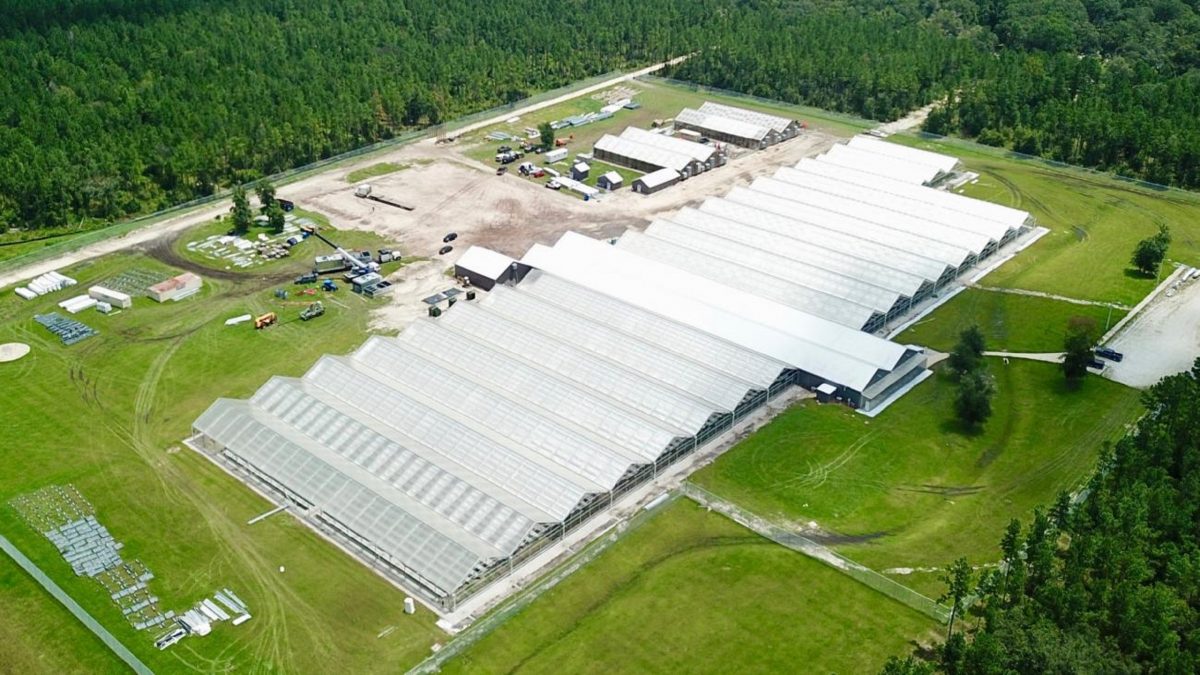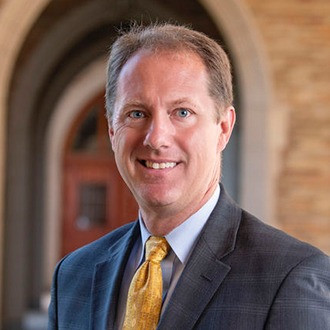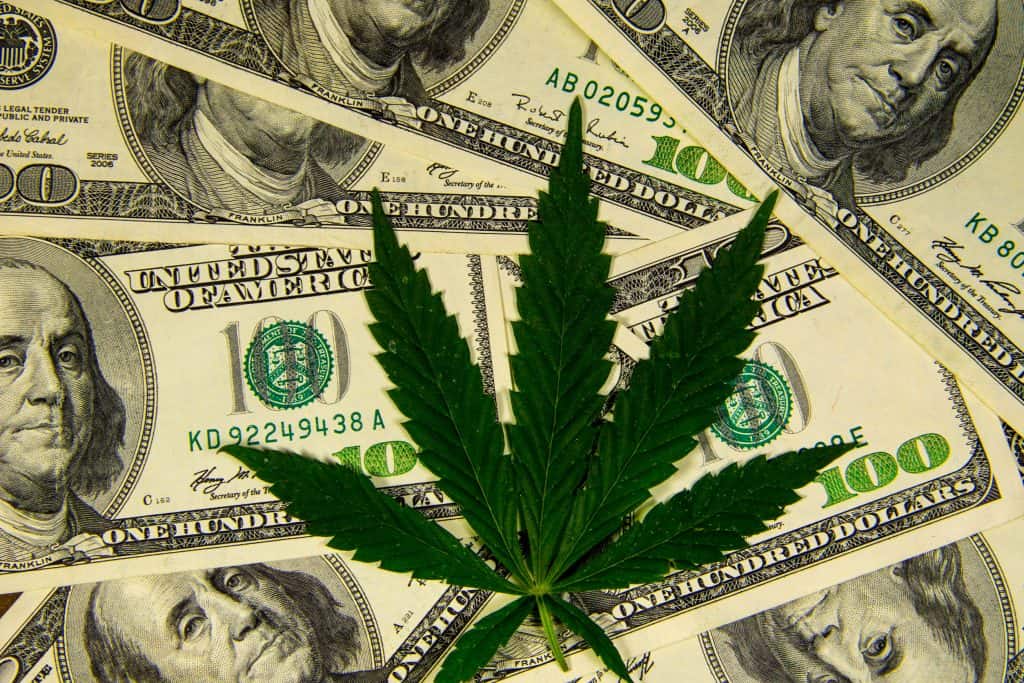
(Editor’s note: This story is part of a recurring series of commentaries from professionals connected to the cannabis industry. Naomi Granger, CPA, MBA, is the co-founder of Dope CFO.)
Cannabis companies should expect an uptick in IRS audits.
A recent report by the Treasury Inspector General for Tax Administration puts a target on marijuana.
Companies that have failed to pay their full federal tax obligations or neglect to maintain clean, well-organized books will be in for a rude awakening if the taxman comes visiting.
If the IRS knocks on your door, preparation is key.
Start getting your house in order with these seven tactics:
<!–
var AdButler = AdButler || {}; AdButler.ads = AdButler.ads || [];
var abkw = window.abkw || ”;
var plc299585 = window.plc299585 || 0;
document.write(”);
AdButler.ads.push({handler: function(opt){ AdButler.register(172085, 299585, [300,250], ‘placement_299585_’+opt.place, opt); }, opt: { place: plc299585++, keywords: abkw, domain: ‘servedbyadbutler.com’, click:’CLICK_MACRO_PLACEHOLDER’ }});
–>
var AdButler = AdButler || {}; AdButler.ads = AdButler.ads || [];
var abkw = window.abkw || ”;
var plc299585 = window.plc299585 || 0;
document.write(”);
AdButler.ads.push({handler: function(opt){ AdButler.register(172085, 299585, [300,250], ‘placement_299585_’+opt.place, opt); }, opt: { place: plc299585++, keywords: abkw, domain: ‘servedbyadbutler.com’, click:’CLICK_MACRO_PLACEHOLDER’ }});
1. Don’t bury your head in the sand.
The books and records are always the responsibility of the business owner. CEOs cannot bury their heads in the sand.
It’s the owner who will be faced with litigation and held responsible for any back taxes or penalties and possibly even jail time if statements are considered criminal.
Have a high-level understanding of what’s required of you from an accounting and tax standpoint and have checks and balances in place to ensure whomever you are hiring is performing adequately.
2. Are these expenses ordinary and necessary?
It’s tempting to claim deductions on your business expenses, but make sure those purchases truly meet the standard of being ordinary and necessary.
For example, when making large purchases, such as a company car, a new piece of equipment or even a new piece of software, you must be able to make a business case for such expenses.
A company car intended to improve the image of a dispensary is not “necessary” and likely wouldn’t pass as a marketing expense.
However, if your business provides transportation and delivery services and a company car is needed, then you’ve passed the “necessary” test.
Then there’s the “ordinary” test. A delivery business wouldn’t need to purchase a Bugatti to perform those services. A more reasonable, reliable and fuel-efficient vehicle would pass the test over a high-end luxury brand.
3. Substance over form.
The IRS looks at the economic substance of a transaction over the legal form.
For instance, if you were advised to set up multiple legal entities to get around Section 280E (including federally legal businesses such as a management company, a payroll firm or a leasing company) and these entities exist solely to support your cannabis business, the IRS will consider this as one cannabis enterprise and the entire structure will be subject to 280E, regardless of the legal form.
4. Receipts – or it didn’t happen.
Work with your accountant to set up an easy receipt- and expense-management system.
Use systems such as Expensify, Hubdoc, and Concur with mobile apps so that you can take pictures of your receipts immediately as you collect them.
In the event of an audit, you’re going to want to be able to substantiate at a minimum 80% of each profit-and-loss (P&L) line item.
Not having proper support could open up your business to the risk of the IRS pulling an additional year to audit due to your books being incorrect during the year under audit.
Bank statements and credit card statements alone are not enough.
You will need invoices and receipts for purchases.
Invoices help the auditors understand what was purchased and when the purchase was made, and receipts help auditors confirm that the invoice was actually paid and there are no further liabilities associated with that purchase.
With only a bank statement, we’re unable to determine if the expense is properly categorized on the P&L.
Additionally, accrual accounting requires expenses to be booked as incurred, and since payment terms vary from vendor to vendor, a bank statement does not give enough information about when an expense was incurred.
Another thing to look out for when using bank statements: Be careful with deposits and transfers. All items that hit the account are considered income. Proper documentation and the ability to substantiate business income is a must.
5. Document to remember.
Not only do you need support, but you must also document the accounting treatment. The cannabis industry is highly regulated, and the regulations are constantly changing.
A properly trained accountant understands how to document the accounting treatment for these purchases based on the facts and circumstances at the time.
The Californians Helping to Alleviate Medical Problems (CHAMP) tax court case in 2007 is an example of great accounting, while the Alterman case, which was decided in 2018, is an example of both poor accounting and poor recordkeeping.
IRS audits typically come three to four years after the fact.
It’s very difficult to go back four years and remember why a particular expense was capitalized to inventory, when current facts and circumstances would not allow the capitalization of this expense.
6. Time is of the essence.
When working with the IRS, you will need to be cognizant of, and adhere to, the deadlines set during the audit.
You will need to respond, submit documentation, argue, reply or contest within these deadlines, as missing these deadlines might result in you waiving your rights to appeal.
7. Don’t go it alone.
Ensure you have a good attorney and a tax CPA in place to help you through the process. Do not try to work through the audit with just yourself and a bookkeeper.
The goal is to provide the IRS with all the information requested and to come to an agreement without taking this to litigation.
Litigation can take years and can be extremely expensive, so do things properly up front to save time and money in the long run.
Naomi Granger is cofounder of Dope CFO. She can be reached at [email protected]
The previous installment of this series is available here.
To be considered for publication as a guest columnist, please submit your request to [email protected] with the subject line “Guest Column.”
Pure Cannabis Hemp Oil
- Clinically proven therapeutic effects.
- Relieves anxiety and stress
- Eliminates chronic pain and aches
- Regulates mood and sleep patterns
- Enhances focus and clarity
more info, George Scorsis website
Originally posted on via Cannabis Industry News




 Jake Heimark, Co-founder and CEO.
Jake Heimark, Co-founder and CEO.







